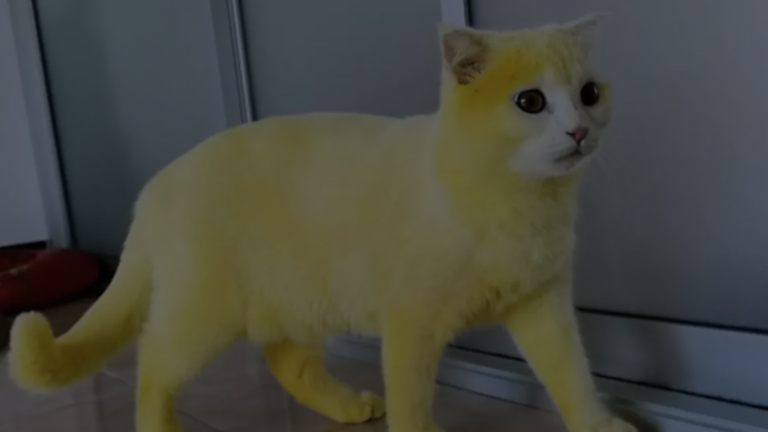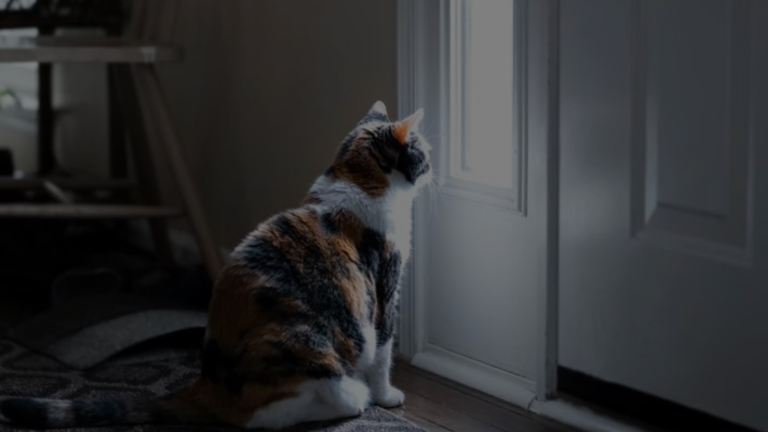Curious pet owners often wonder if their beloved feline friends can exhibit mood swings akin to bipolar disorder in humans. Can a cat be bipolar? This article delves into feline behavior, seeking to shed light on whether cats can indeed display behaviors reminiscent of bipolarity. Let’s explore this intriguing topic and understand our feline companions better.

Can a Cat Be Bipolar?
Understanding Feline Behavior
Cats, like humans, have distinct behaviors influenced by various factors. It’s important to recognize that cats can display a wide range of emotions, but attributing human mental health conditions like bipolar disorder to them can be misleading. Cats exhibit behaviors that are influenced by their environment, health, and overall well-being.
The Spectrum of Feline Emotions
Cats can experience many emotions, from love and playfulness to fear and aggression. Their behavior may fluctuate based on changes in their surroundings, interactions with other animals, or changes in their routines.

Identifying Behavioral Patterns
To understand cat behavior, it is important to observe your cat’s habits over time. Note any drastic changes in behavior, duration, and potential triggers. Regular monitoring can help you distinguish between temporary mood swings and persistent behavior patterns.
Signs to Watch for
- Extreme Fluctuations in Behavior: Cats might display extreme changes from being overly energetic to suddenly lethargic. Observe these shifts and document when they occur.
- Aggression and Withdrawal: Cats may sometimes show signs of aggression, followed by a period of withdrawal and isolation. Understanding these signs can help in managing their behavior.
- Inconsistency in Eating Patterns: Sudden changes in appetite or eating habits could be an indicator of emotional fluctuations.
- Unusual Vocalization: Cats might excessively meow, hiss, or growl during these episodes, indicating discomfort or distress.
Potential Causes of Behavioral Changes
Several factors can influence a cat’s behavior:

- Environmental Changes: Alterations in living conditions, new pets, or a change in the household routine can affect a cat’s emotional state.
- Health Issues: Underlying health problems can lead to behavioral changes. Regular veterinary check-ups are crucial.
- Lack of Stimulation: Boredom due to insufficient mental or physical stimulation may result in odd behavior.
- Past Trauma: Cats with a history of abuse or neglect may exhibit inconsistent behavior due to past experiences.
Creating a Comfortable Environment
Providing a stable, loving environment with plenty of playtime, mental stimulation, and regular routines can significantly affect your cat’s behavior. Ensuring a balanced diet and regular visits to doctors are equally important.

In Conclusion
Although cats can display a wide range of emotions and behaviors, it may not be fair to attribute human mental health conditions like bipolar disorder to them. Understanding cat behavior and addressing their needs and emotions appropriately is essential to a harmonious relationship between you and your feline companion.
Resources & References
Recommended Reading
Suggested Video
To further understand feline behavior, watch this informative video: Can Cats be Mentally Ill? What We Found Might Surprise You.
In this video, experts discuss feline behavior and delve into whether cats can experience mental health issues, providing valuable insights into our feline friends’ complex world.
FAQs – Can a Cat Be Bipolar
Do cats have mood disorders?
Yes, cats can have mood disorders, such as depression and anxiety. They can also exhibit behaviors that may be interpreted as bipolar disorder, such as hyperactivity and lethargy.
Can cats have mental illness?
Yes, cats can have mental illnesses, such as cognitive dysfunction and anxiety disorders.
Can cats have mania?
Yes, cats can have mania, which is a period of intense excitement and energy.
How do I know if my cat is mentally unstable?
If your cat is exhibiting unusual behaviors, such as aggression, self-harm, or withdrawal, it is important to speak to a veterinarian to rule out any physical causes.
What are autistic cats like?
Autistic cats may have difficulty interacting with other animals or people, and they may be sensitive to noise and light.







